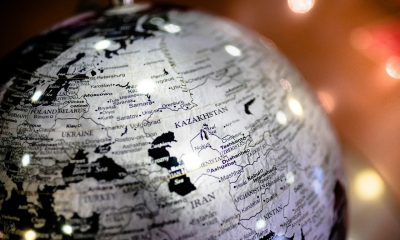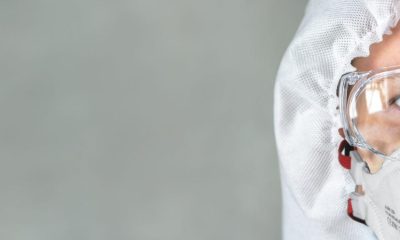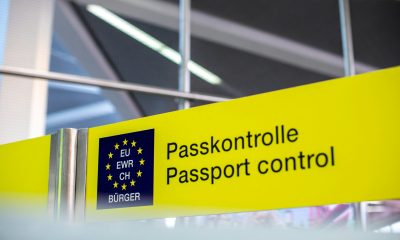עקאָנאָמיש גאַווערנאַנס
אי.יו. בודזשעט: ווי צו בעסער פאָנד אייראָפּע

 Reforming how the EU is funded proved again controversial when the European Parliament and the member states negotiated the budget for 2014-2020. The current system relies heavily on national contributions, but this makes it more difficult to reach consensus. A high-level group was set up to explore other options for the EU budget. The EP's budget committee will discuss the group's work so far with its president, former Italian prime minister Mario Monti (pictured) on Thursday (5 February). Watch it live from 9.00 CET.
Reforming how the EU is funded proved again controversial when the European Parliament and the member states negotiated the budget for 2014-2020. The current system relies heavily on national contributions, but this makes it more difficult to reach consensus. A high-level group was set up to explore other options for the EU budget. The EP's budget committee will discuss the group's work so far with its president, former Italian prime minister Mario Monti (pictured) on Thursday (5 February). Watch it live from 9.00 CET.
The high-level group on own resources includes representatives from the three main institutions involved in the budgetary procedure: the European Commission, the Parliament and the Council of the EU. It is charged with reviewing who pays what and when to the EU budget. In a first assessment, published in December 2014 and to be discussed at the budget committee meeting, the group points out that the system has not changed significantly over the last 25 years.
Own resources
To balance budget expenditure, the EU is entitled to a number of revenues, "traditional own resources" such as customs duties, a share of VAT, and direct national contributions, established in accordance with the relative wealth of EU countries.
With the decline in tariff rates due to trade liberalization, customs revenues dropped so the share of VAT-based revenue and national contributions reached 83% of all revenue in 2013. As the group’s paper says, “the system of “own resources” has gradually become a system of national contributions, with only a minor part representing “genuine” or “autonomous” own resources.
The European Parliament has been pushing for a system that is less complex and less dependent on national budgets, as competing national interests have made consensus on budgetary decisions increasingly hard in recent years. Any proposal to reform the system, however, requires unanimity among member states.
ווייַטער טריט
The high-level group intends to look not only at proposals for new sources of funding, but also at the political and institutional challenges that have led to the failure of previous reform attempts. It plans to deliver its conclusions in 2016 and the Commission will draw on them for its mid-term review of the EU's budget for 2014-2020.
פֿאַר מער אינפֿאָרמאַציע:
Watch the meeting live on Thursday 5 February from 9.00 CET
First assessment of the high-level group on own resources
Q&A on the high-level group on own resources
Top story on the EU’s long-term budget
שער דעם אַרטיקל:
-

 קאנפליקטןקסנומקס טעג צוריק
קאנפליקטןקסנומקס טעג צוריקקאַזאַכסטאַן טרעט אריין: ברידגינג די צעטיילונג פון אַרמעניאַ-אַזערביידזשאַן
-

 ענלאַרגעמענטקסנומקס טעג צוריק
ענלאַרגעמענטקסנומקס טעג צוריקאי.יו. געדענקט דעם אָפּטימיזם פון 20 יאָר צוריק, ווען 10 לענדער האָבן זיך איינגעשריבן
-

 מאָטאָרינגקסנומקס טעג צוריק
מאָטאָרינגקסנומקס טעג צוריקפיאַט 500 ווס מיני קופּער: אַ דעטאַילעד פאַרגלייַך
-

 קאָוויד-19קסנומקס טעג צוריק
קאָוויד-19קסנומקס טעג צוריקאַוואַנסירטע שוץ קעגן בייאַלאַדזשיקאַל אַגענץ: דער איטאַליעניש הצלחה פון ARES BBM - Bio Barrier Mask



























